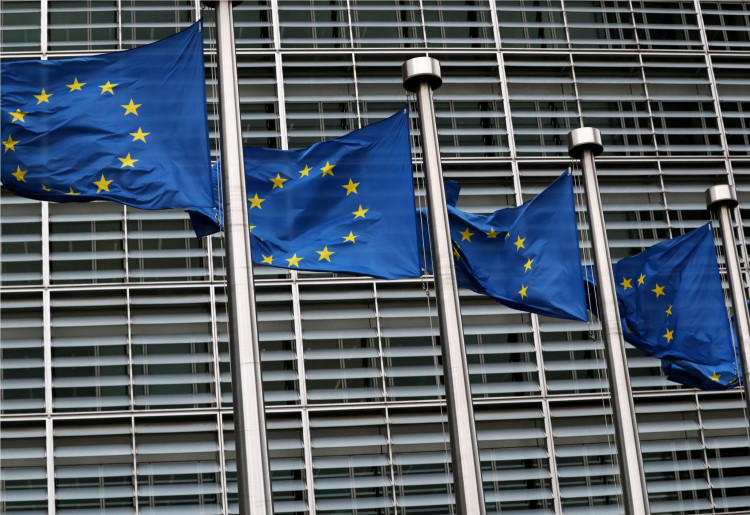Russia immediately warned that the decision was "unacceptable" after EU energy ministers overcame months of squabbling to reach an agreement on a price cap for natural gas across the bloc on Monday, Dec. 19.
The European Union's cap on gas prices is intended to ease the energy shortage that has resulted from Russia's invasion of Ukraine.
The maximum price per megawatt hour was set at €180 ($190), although there were restrictions and a warning from the European Commission that it would suspend the program if "the risks outweigh the benefits." EU nations are concerned that they won't be able to fill gas storage tanks in time for the upcoming winter.
In retaliation for a series of crushing sanctions against it intended to reduce the amount of money it has available to fund its war, Russia, which was the main gas exporter to the EU prior to the conflict, has shut off the taps. The Kremlin has previously declared that it will not provide oil to nations that have imposed a specific EU embargo on its crude supplies, and on Monday it attacked the ceiling on gasoline prices.
The EU pricing cap will take effect on February 15 and last for one year. If the benchmark price for natural gas futures in Europe exceeds €180 for three straight days, it will be activated. The following minimum of 20 working days would see that ceiling in effect for trades. There must be three days in a row of trading below the €180 cap for the cap to be disabled.
The mechanism was created in reaction to the high gas prices that rattled EU governments in August when they briefly rose to around €340 per megawatt hour in Europe. Since then, the price of gas in Europe has decreased, but it is still historically high; on Monday, it was just about €112 per megawatt hour.
EU nations were divided over the gas price cap. Many argued that its introduction was urgent in order to drive down energy prices. Others, though, including economic powerhouse Germany, were concerned that it may encourage LNG suppliers to ignore Europe in favor of Asia's more lucrative markets.
The European Commission first suggested a ceiling of €275 and a two-week grace period over that amount before it could be activated because it was concerned about the effects of a price restriction. But nations like Spain and Greece, who made other widely supported energy policies like joint gas purchases and accelerated authorizations for renewable energy sources dependent on a workable price cap, fiercely objected to that idea.






